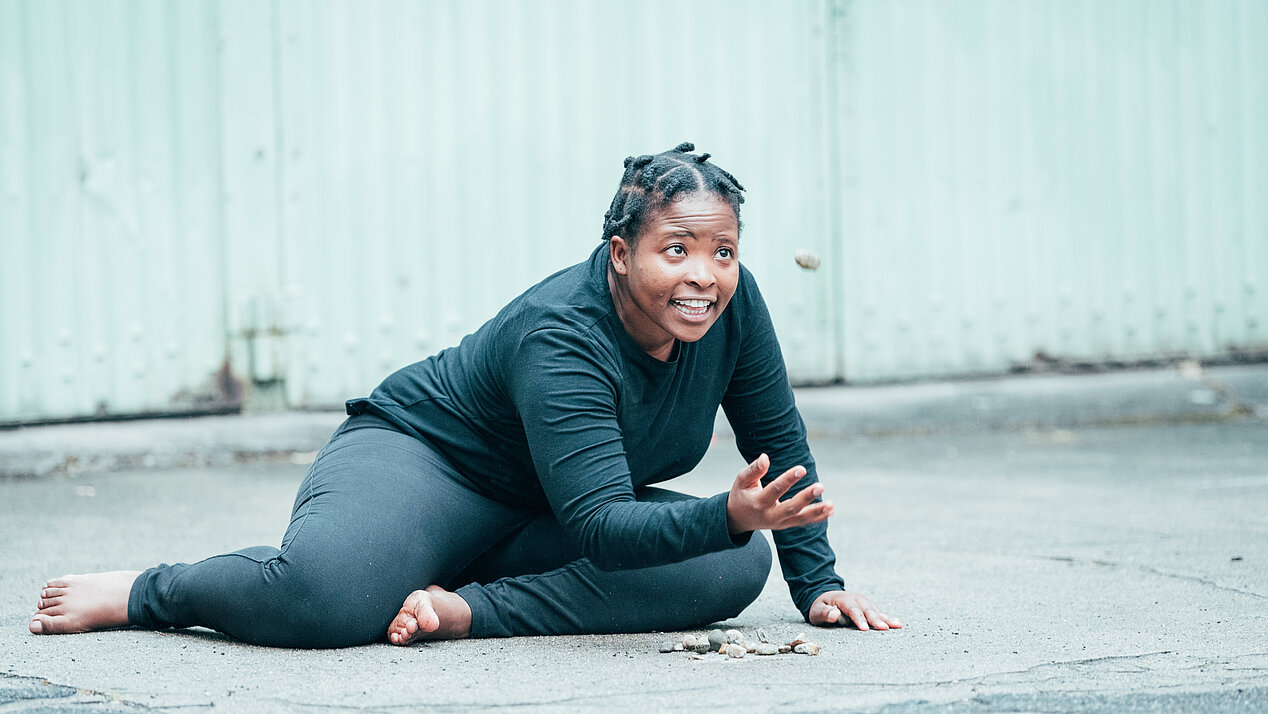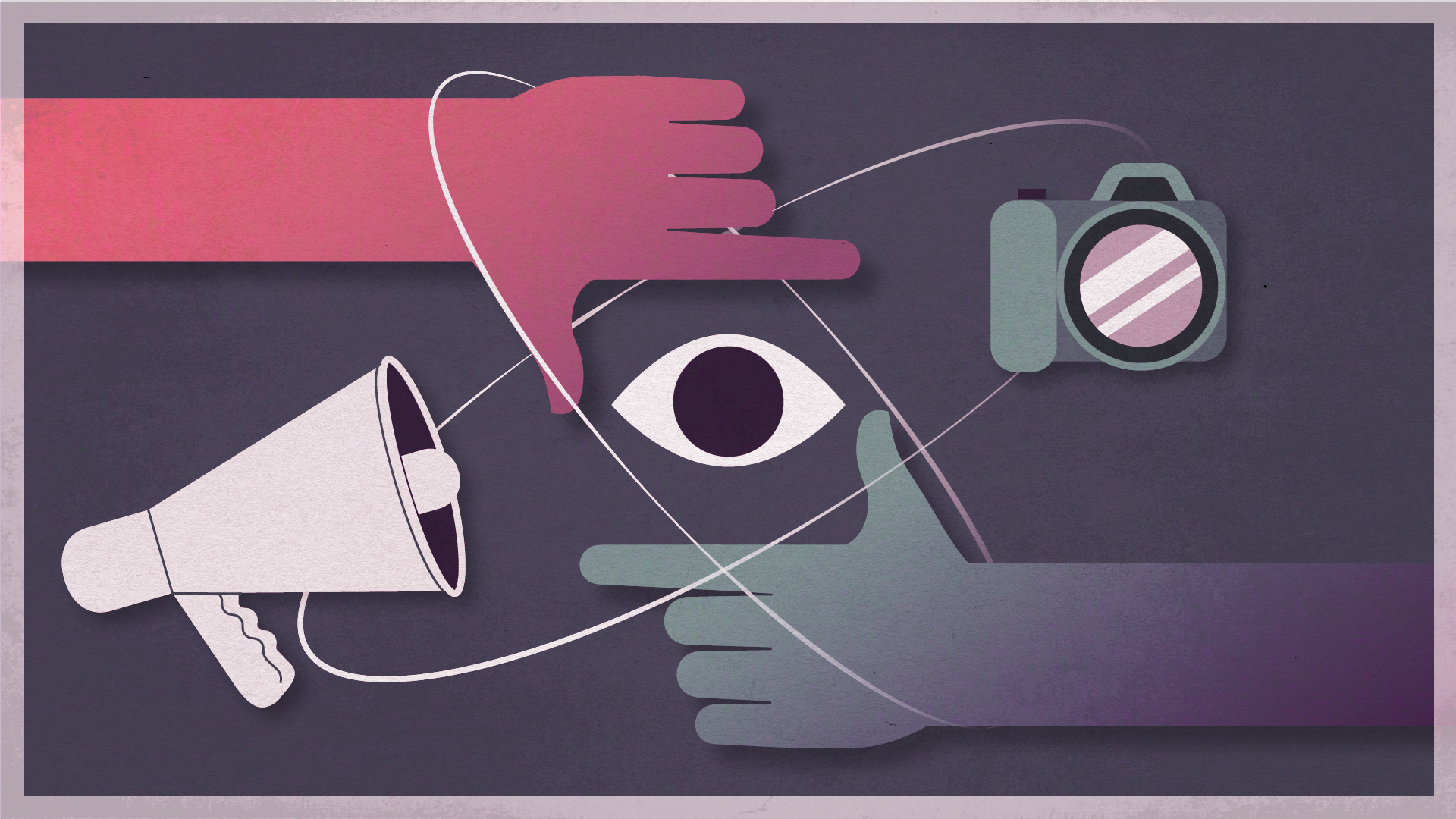What made you want to focus on community theatre for your research?
Mabunda: I have been a community theatre practitioner for over a decade and through this long experience, I have seen community theatre artists perish to other industries. Nowadays, you find community theatre artists working in retail companies because the art they do fails to provide for their livelihoods.
As a cultural producer at the grassroots level, I have been frustrated by the injustices faced by the community theatre, especially the funding and its overall recognition in the sector. There is a diminishing approach to community theatre. For me, it is important to shift that perspective and secure the fate of my practice (community theatre) in South African grassroots communities.
Let´s have a look at your research: What is the concrete focus of your research?
Mabunda: The focus of my research was to understand how community theatre survives in local communities while being expected to meet the governments value expectations. I needed to understand the strategies employed by community theatre artists to get the government’s attention. As a result, performances were designed to unpack the social ills of the communities and challenges faced by community theatre artists.
[...] community theatre can be used as a tool to respond to the painful histories of oppression.
The performances also gave the audience the opportunity to discuss and explore possible solutions to the addressed social ills and challenges faced by German and South African community theatre artists.
How did you approach your research?
Mabunda: Firstly, I needed to understand the socio-political and historical context of community theatre in Baden-Wurttemberg. I read books, conducted interviews, and attended community theatre programs. I also performed myself, which gave me the opportunity to be part of the creation process and understand the choices made, which influenced what stories and themes the German local communities wanted to see represented on the stage.
At some point, I found myself overwhelmed by the amount of information I had gathered by attending almost every community art initiative in Stuttgart. However, the consultations with the team at ifa (Institut für Auslandsbeziehugnen) were helpful to distil all that information. I am choosing to say ‘the team’ because almost everyone was involved throughout the process. I would literally ask every now and then, whether I bump into anyone of them in the kitchen or corridor, ‘Please remind me again, what is my research about?’. In all essence, the process was a collective teamwork and participatory which helped me get deeper insights of community theatre.









![[Translate to english:] Ausstellungseröffnung in Novi Sad, 2022. Performance vor Nevin Aladağs Wandteppichen, Foto: alpha video, © ifa [Translate to english:] Wandteppiche von Nevin Aladağ hängen an einer weißen Wand. Auf dem Boden davor liegt ein Mann, nur mit einer schwarzen Hose bekleidet.](/fileadmin/Content/images/mediathek/blog/Forum_Blog/ifa-forum_evrovizion_novi-sad2022_eroeffnung.png)